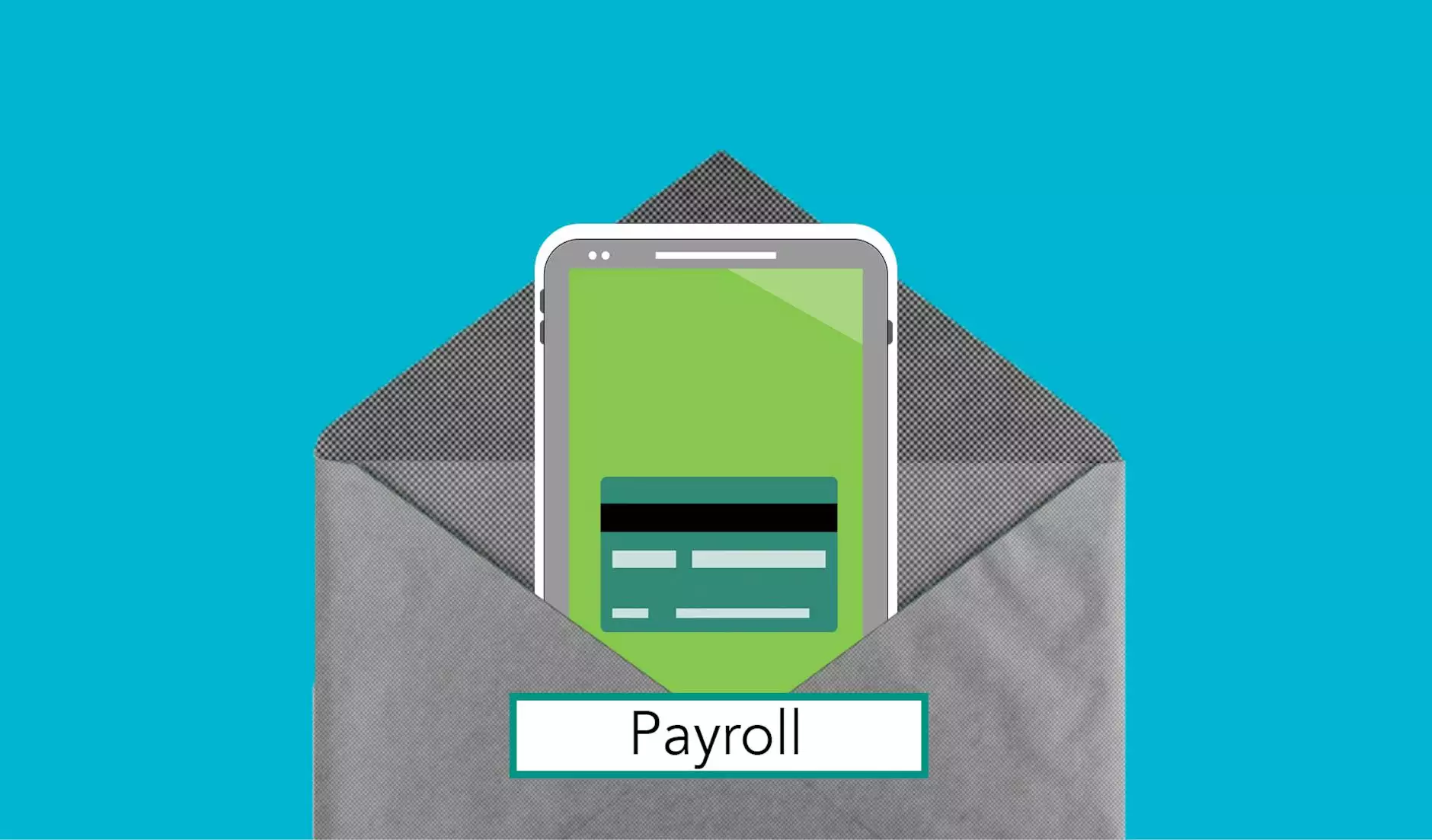How to Read a Credit Report and How Often You Should Do It

Welcome to Life Designers, your trusted partner in the realm of business and consumer services. We specialize in consulting and analytical services, helping individuals and organizations thrive in their financial ventures. In this comprehensive guide, we will delve into the world of credit reports, arming you with the knowledge and insights to understand and leverage this vital financial tool. Let's explore how to read a credit report and how often you should do it to ensure your financial well-being.
Understanding Credit Reports
A credit report is a detailed summary of your financial history, encompassing credit accounts, payment history, outstanding debts, and other pertinent information. It serves as a crucial resource for lenders, potential employers, and landlords to evaluate your creditworthiness. Reading and comprehending your credit report is fundamental to maintaining a healthy financial profile and making informed financial decisions.
When examining your credit report, be sure to pay attention to the following key elements:
1. Personal Information
This section contains details such as your full name, address, social security number, and date of birth. Ensure that all information is accurate and up to date. Any errors should be promptly addressed to avoid potential complications.
2. Account Summary
Here, you will find an overview of all your credit accounts, such as credit cards, loans, and mortgages. Each account is categorized into open or closed, providing a snapshot of your financial history. Review the information for any discrepancies and ensure that you recognize all accounts listed.
3. Payment History
This section outlines your payment track record, detailing whether you have made payments on time for each account. Timely payments contribute to a positive credit history, while late or missed payments can negatively impact your credit score. It is essential to review this section to identify any late payments that might be affecting your creditworthiness.
4. Credit Inquiries
Credit inquiries refer to the instances when you or someone else, such as a lender or a credit card issuer, has requested access to your credit report. Regular checks on your credit report should not be cause for concern, as they are considered "soft inquiries" and do not impact your credit score. However, excessive "hard inquiries," such as those from numerous loan applications, can adversely affect your creditworthiness.
5. Public Records
Public records, such as bankruptcies, tax liens, or judgments, are included in this section. It is crucial to address any negative public records promptly and take the necessary steps to resolve them. Negative public records can have a significant impact on your creditworthiness and financial well-being.
Why Reading Your Credit Report is Important
Regularly reviewing and understanding your credit report is essential for several reasons:
1. Identifying Errors
By examining your credit report, you can detect any discrepancies or errors that may be negatively impacting your credit score. These mistakes could include incorrect personal information, fraudulent accounts, or inaccurate payment histories. Identifying and rectifying these errors can help improve your creditworthiness.
2. Monitoring Identity Theft
Monitoring your credit report allows you to identify any suspicious activity that may be indicative of identity theft. Unfamiliar or unauthorized accounts, inquiries, or changes in personal information can all be red flags for potential fraud. Regularly reviewing your credit report helps protect you from falling victim to identity theft.
3. Improving Credit Score
By understanding your credit report, you can identify areas for improvement and take appropriate actions to enhance your credit score. Timely payments, reducing outstanding debts, and addressing any negative records can help boost your creditworthiness over time.
How Often Should You Check Your Credit Report?
The frequency with which you should check your credit report depends on various factors, including your current financial situation and goals. Here are some guidelines to help you determine how often to review your credit report:
1. Annual Check
It is recommended to review your credit report at least once a year. This ensures that you are aware of any significant changes or discrepancies that could impact your financial well-being. An annual check also allows you to maintain an overarching view of your credit history.
2. Before Major Financial Transactions
Prior to engaging in significant financial transactions, such as applying for a mortgage, loan, or a new credit card, it is advisable to check your credit report. This enables you to address any potential issues and ensure that your creditworthiness is accurately represented to lenders.
3. Post-Identity Theft Incident
If you have experienced identity theft, it is crucial to monitor your credit report regularly. Immediate action should be taken if any suspicious activity is detected on your report. By staying vigilant, you can mitigate the potential damage caused by identity theft.
4. Periodic Checks
Regularly reviewing your credit report, beyond the recommended annual check, can provide ongoing insights into your financial health. This practice allows you to proactively address any emerging issues and make informed decisions to improve your creditworthiness.
In conclusion, reading and understanding your credit report is a crucial step toward maintaining your financial health. Life Designers is here to guide and support you through this process. We offer expert consulting and analytical services to help you navigate the intricacies of credit reports and empower you to make informed financial decisions.
Contact Life Designers today to unlock the power of credit reports and take control of your financial future!










